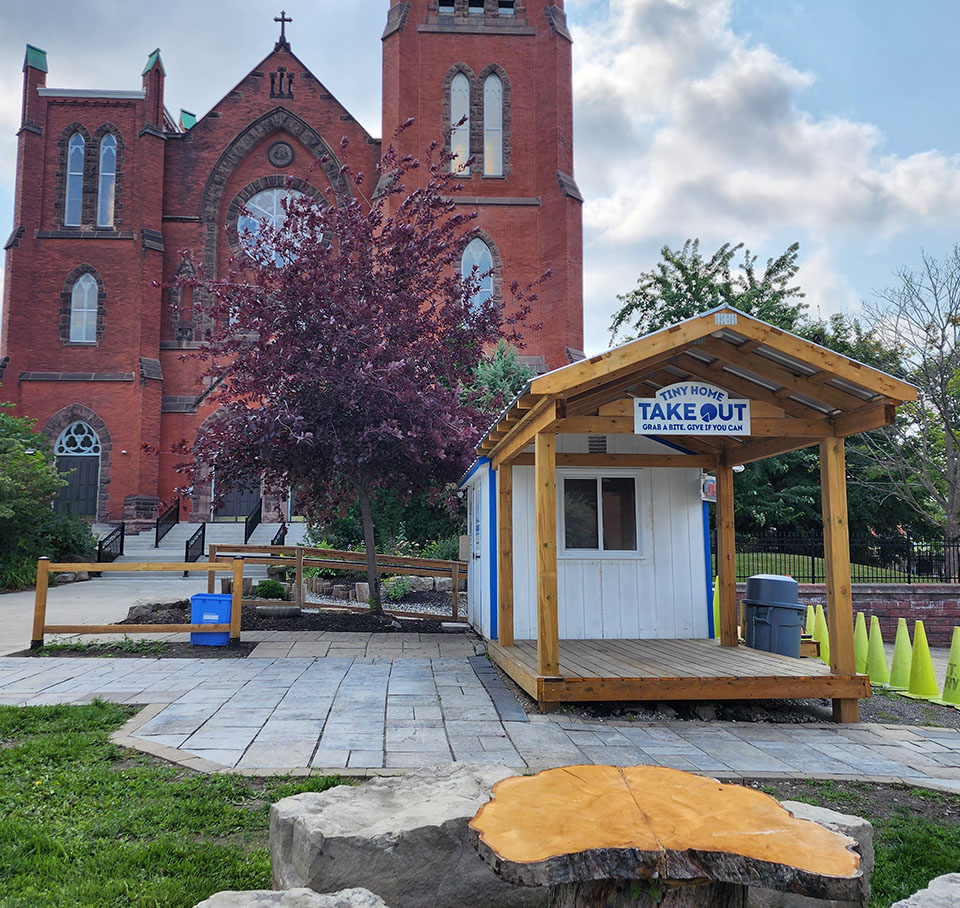As the province’s covid case numbers increase yet again, the particular parts of society that are most influenced by the pandemic’s long term social influences are becoming more apparent to some. One of these individuals taking a keen eye toward inequalities that are emphasized by an increase in case numbers, and an increase in demand for “front-line” workers is University of Waterloo History Professor, Heather Macdougall.
Macdougall states that like pandemics of cholera, typhus and influenza, the COVID-19 pandemic has highlighted the social and economic inequities which underpin Canadian society. Macdougall additionally offered the comparison of racism against the Irish in the 1840s being paralleled by anti-Asian rhetoric today while BIPOC workers like their predecessors in the First World War keep the economy functioning at the risk of infection for themselves.
“The most important lesson for the future of public health is to make health inequities part of every conversation about building back better. Similar opportunities in 1919 and the 1930s and 1940s were neglected because of limited public and professional support for well-funded preventive programs as part of a continuum of health that included community-based curative services.”
In response to how advocacy in education can allude to better public health outcomes, Macdougall states,
“We encourage Canadians to participate in redefining public health policy by participating in advocacy coalitions that address racism, colonialism, sexism and economic inequality. Educating the public and health professionals about the role of non-technological interventions will ensure resilience and preparedness as we face future pandemics.”
Our public education system’s influence on public health outcomes is particularly relevant as Doug Ford announced today that Ontario’s schools would be making the switch to remote learning in response to surges in covid cases. Macdougall’s perspective brings forward ways in which the public educational system could benefit public health from a curriculum approach. Furthermore her historical parallels allude to the need for an approach towards public health policy that incorporates historical awareness.
Sources
https://uwaterloo.ca/news/media/qa-experts-what-can-we-learn-past-help-shape-future-public



